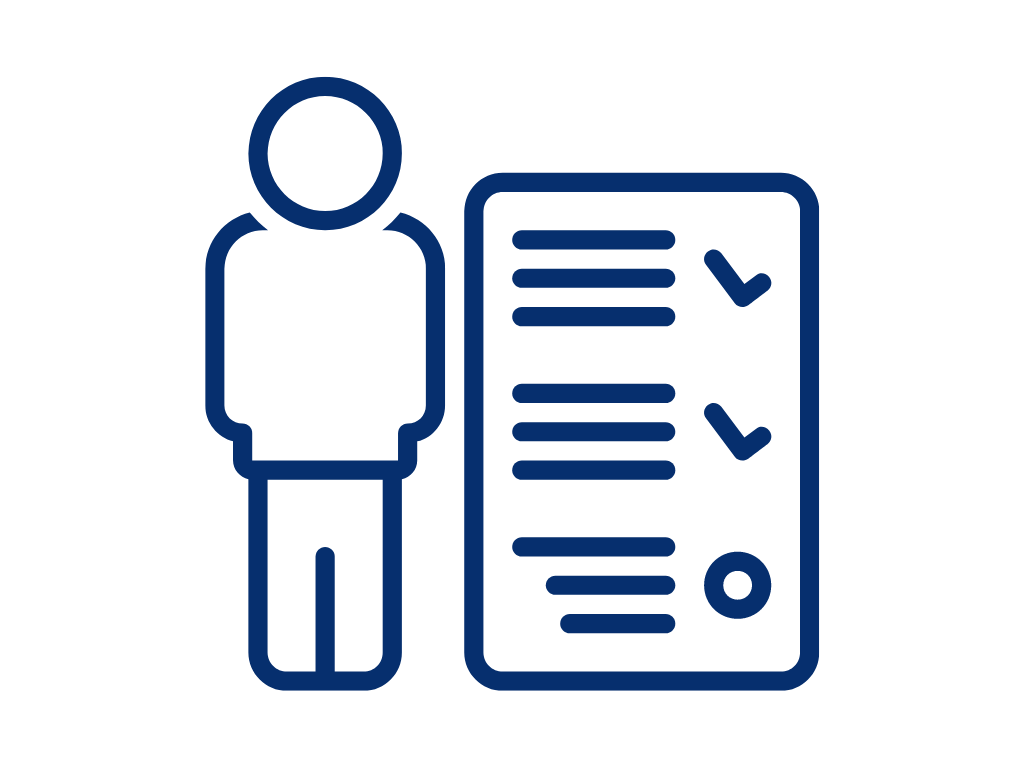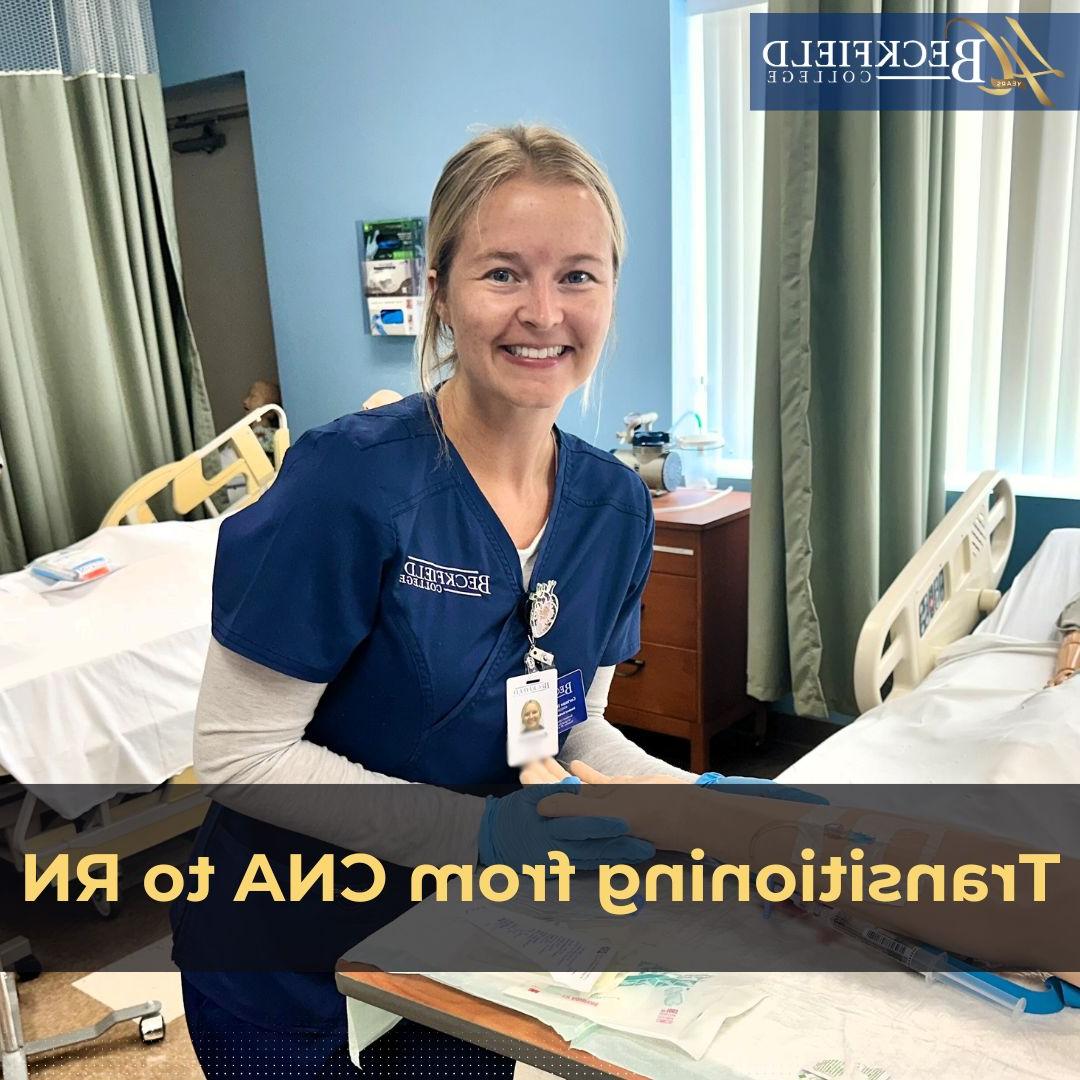
Higher Salary | Greater Responsibilities | Advanced Career Opportunities
Transitioning from a CNA is a common career path in the healthcare industry. This journey offers numerous benefits, including increased responsibilities, higher salary potential, and a broader scope of practice. If you’re currently working as a CNA and wondering how to make the leap to becoming an RN, this guide will walk you through the steps and requirements. Understanding the nuances of this transition is crucial for making informed decisions and setting realistic career goals.
1. Why Transition from CNA to RN?

Higher Salary
RNs typically earn more than CNAs. According to the Bureau of Labor Statistics, the median annual wage for RNs was $86,070 in 2023, compared to $38,130 for CNAs. **

Increased Responsibilities
As an RN, you’ll have a greater scope of practice, which includes administering medications, performing diagnostic tests, and developing patient care plans.

Career Advancement
Becoming an RN opens up more opportunities for further specialization and advancement in the nursing field.
We are here to answer all your questions
2. Choose the Right Nursing Program
No Prerequisites – No Waitlist
Both programs waive NUR 100 if applicants can prove STNA (CNA) certification or successful completion of an approved program.
3. Meet Nursing School Requirements
Each nursing program has specific admission requirements.
| Requirement | General Details | Beckfield Specifics |
|---|---|---|
| High School Diploma or GED | Ensure you have a high school diploma or equivalent. | Required |
| Prerequisites Courses | Such as English, Psychology, Math, Some programs MAY require a minimum grade in these courses. | No Prerequisites Required. |
| Entrance Exam | Some programs require you to pass an entrance exam, such as the TEAS (Test of Essential Academic Skills). | Multiple ways to qualify.
SAT, ACT, Bsc, GPA |
| Experience as a CNA | Your experience as a Certified Nursing Assistant (CNA) can be a valuable asset and may be required or preferred by some nursing programs. | No experience as a CNA required. |
| Interview | An interview might be part of the selection process to assess your suitability for the program. | Required |
4. Apply to Nursing Programs
The next step is to apply to nursing programs.
- Meet with Admission Advisor-They will assist in providing all the information needed and offer solutions to help you make the best decision to achieve your goals.
- Gathering Transcripts- Collect transcripts from your high school and any post-secondary education.
- Writing a Personal Statement- Explain your motivation for becoming an RN and how your experience as a CNA has prepared you for this role.
5. Complete the Nursing Program
After being accepted into a nursing program, you’ll need to complete the required coursework and clinical rotations. This includes:
- Classroom Instruction: Learn about nursing theory, pharmacology, and patient care.
- Clinical Rotations: Gain hands-on experience in various healthcare settings under the supervision of experienced nurses.
6. Pass the NCLEX-RN Exam
Upon graduating from a nursing program, you must pass the National Council Licensure Examination for Registered Nurses (NCLEX-RN®) to obtain your RN license. The NCLEX-RN® tests your knowledge and skills in areas such as:
- Safe and Effective Care Environment
- Health Promotion and Maintenance
- Psychosocial Integrity
- Physiological Integrity
7. Obtain Your RN License
After passing the NCLEX-RN, you’ll need to apply for your RN license through your state’s Board of Nursing. This process typically involves:
- Submitting an Application: Complete and submit an application for licensure.
- Background Check: Undergo a criminal background check.
- Paying Fees: Pay any required application and licensing fees.



